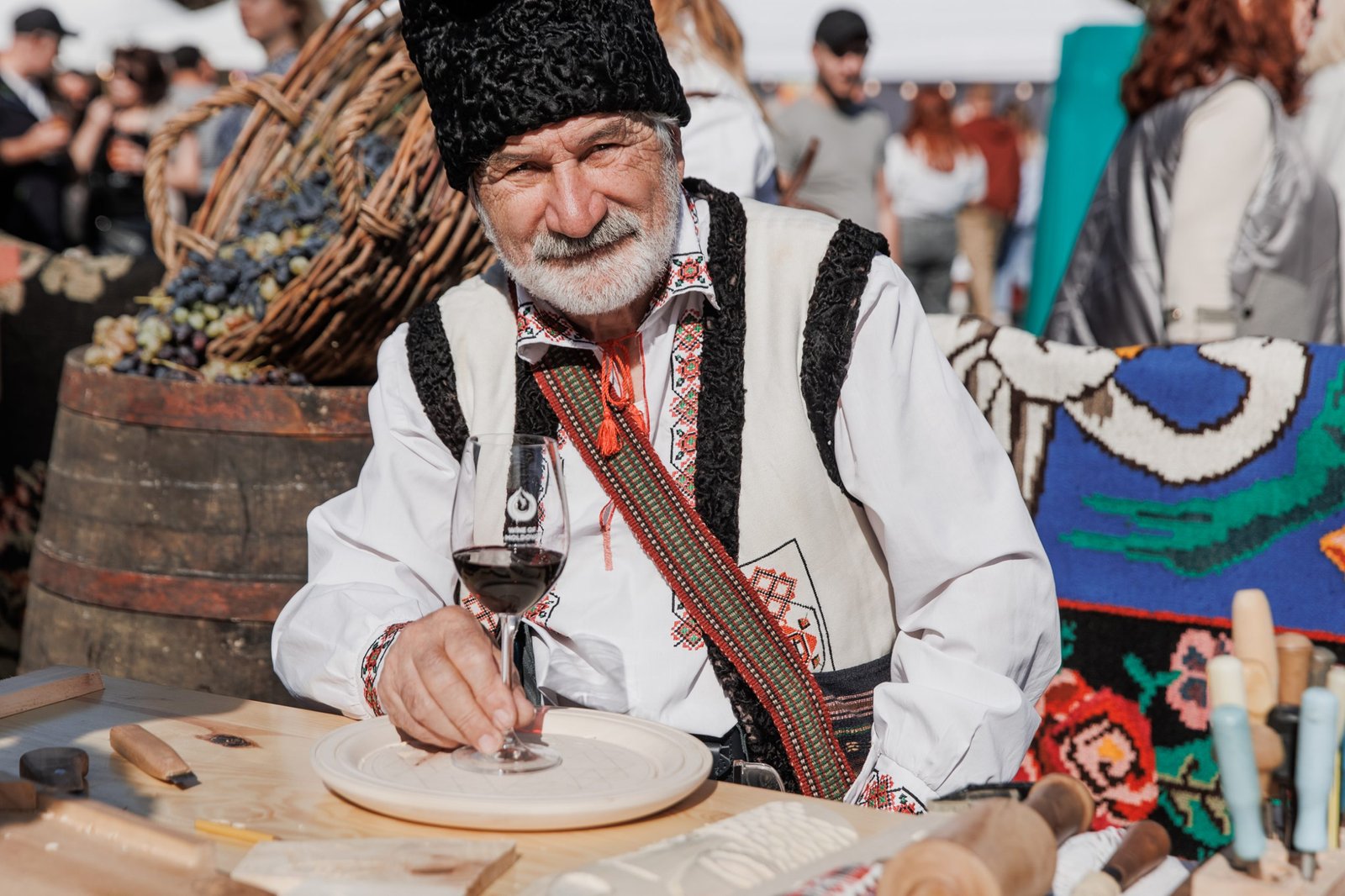
Moldova’s winemaking history reflects its cultural richness and resilience, making it a fascinating region for wine lovers.
Evidence of viticulture in Moldova dates back over 5,000 years, with archaeological finds indicating that ancient civilizations cultivated grapes and produced wine.
Roman Influence: The region was part of the Roman Empire, and winemaking techniques were further developed during this time. The Romans appreciated the local wines, contributing to their spread and reputation.
Medieval Period: Throughout the Middle Ages, wine production continued to thrive, with monasteries playing a significant role in both viticulture and wine preservation.
Modern Era: In the 19th century, wine production was modernized, particularly under Russian and later Soviet influence. Moldova became a major supplier of wine to the Soviet Union, leading to increased production and the establishment of large wineries.
Independence and Revival: After gaining independence in 1991, Moldova faced challenges, including the loss of traditional markets. However, this also sparked a revival of interest in quality winemaking, with a focus on indigenous grape varieties and sustainable practices.
International Recognition: In recent years, Moldovan wines have gained international acclaim, winning awards and entering global markets. The country is working to promote its unique wine heritage and improve its reputation on the world stage.
Moldova is home to some of the largest wine cellars in the world, with two notable examples:
Mileștii Mici: This cellar is often cited as the largest in the world, stretching over 200 kilometres (about 124 miles). Established in 1969, it holds an extensive collection of over two million bottles, including rare and vintage wines. The cellar features well-organized tunnels and is a popular destination for wine tourism, offering guided tours and tastings.
Cricova: Another impressive wine cellar, Cricova is known for its vast underground tunnels that span around 120 kilometres (75 miles). Founded in 1952, it is famous for its high-quality sparkling wines and has a unique, picturesque layout with beautifully decorated tunnels. Cricova also offers tours and tastings, showcasing its extensive wine collection. Even Queen Elizabeth II was known to have enjoyed Moldovan wine. In particular, she reportedly had a fondness for a specific brand, such as the wines from the renowned Cricova winery. Moldovan wines gained recognition for their quality, and having such a distinguished drinker helped put them on the international map. The connection between Moldovan wine and British royalty highlights the unique appeal and heritage of these wines.
Both of these cellars not only serve as storage for Moldovan wines but also highlight the country’s rich winemaking heritage and are key attractions for visitors interested in wine culture.
Moldovan wine is special for several reasons:
Leave a Reply